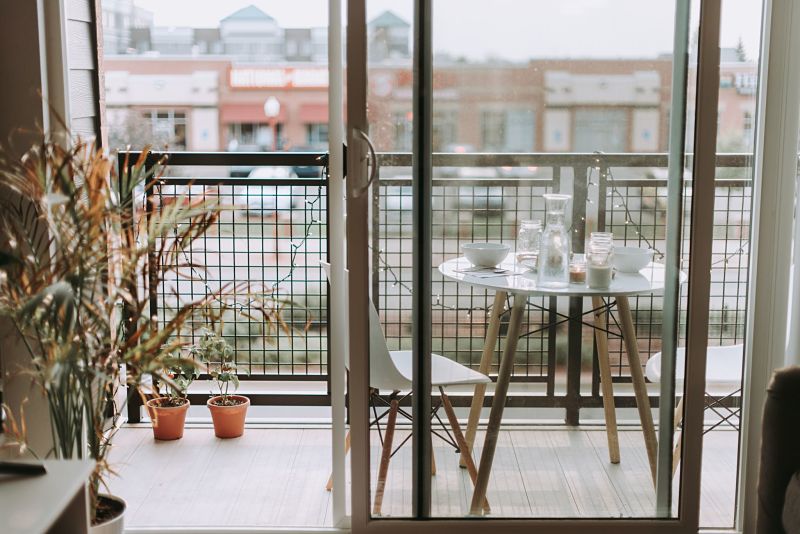
Renting is on the rise. In the past 10 years, the number of households renting privately has risen by 74% in the UK. Renting has its own set of rules – we look at how you can rent safely and successfully.
1. Viewing
It can be useful to compile a checklist before you start searching for your ideal home. Think about location – do you need to be near schools? Do you want a garden? What about pets? Be aware that some landlords will not allow pets or smoking, be sure to check out any restrictions that may apply before you sign the lease!
When viewing, it is vital to check the general condition of the property. Make sure that the property is safe and secure.
What to look for:
• House exterior – are window frames cracked? Check gutters and pipes for leaks.
• Security and safety: Is the property fitted with smoke and burglar alarms? All property must have a smoke alarm on every floor. Is the property fitted with a burglar alarm? Do windows lock properly?
• Appliances – always ask the landlord if all white goods are supplied with the property. Make sure that they are in good working order and meet safety requirements.
• Pests and mould – look for signs of pests such as droppings and holes in the walls. Damp areas such as kitchens and bathrooms can become mouldy.
Always take an inventory (and pictures) before you pay your rental deposit. This will safeguard against potential loss of deposit when you move out.
2. Letting Agents or Landlord?
Very often, you can find a letting agent on your local high street. Also, there are hundreds of online letting sites that list properties for rent across the whole of the UK.
However, you decide to find a letting agent make sure that they are properly regulated and members of a recognised trade body, such as:
• The UK Association of Letting Agents (UKarla.org)
• The National Approved Lettings Scheme (Nalscheme.co.uk)
• The Property Ombudsman (Tpos.co.uk)
If you decide to rent directly from a landlord, look for landlords that belong to an accredited scheme. Your local authority can advise you about accredited schemes running in your area.
3. Consider Costs
Before you sign a lease, consider carefully how much you can afford to pay in rent each month.
The cost of renting varies greatly across the UK. If you are based in the North West, you can rent a property for around £708 per month. If you are looking to rent in London, expect to pay at least £1,640 for a private rental.1
As a rule of thumb, tenants spend 35% of their take home income on rent, but you will need to consider all your outgoings to work out what you can comfortably afford. Find out if you are eligible for any benefits that may help with rental payments – visit www.citizensadvice.co.uk.
Unfurnished properties are often cheaper, and some landlords will include bills in the rent. Make sure you determine what is included before you sign the lease – hidden costs can soon add up.
4. Protect yourself – and your family
The number of tenants with children who rent privately has risen over the last 10 years. 3 If you were unable to work due to sickness or injury, could you afford to keep a roof over your head?
It may be worth taking out Income Protection. Income Protection or IP as it is also known can cover loss of income if you are unable to work due to illness or an accident.
The policy will normally pay out a –tax-free monthly sum to cover your earnings until you are able to return to work or until you retire.
The amount of money that you can claim may not fully replace your monthly salary, but you can expect to receive about half to two thirds of your earnings before tax.
Many people take out income protection when they take out a mortgage as they fear losing their home, but it is equally important to protect your income when renting.
According to rental advice website Tenants Top Tips:
“Becoming unemployed or seriously ill when you’re renting can be a nightmare as landlords have little sympathy when it comes to paying the rent on time – taking out income protection can be a homesaver. “


